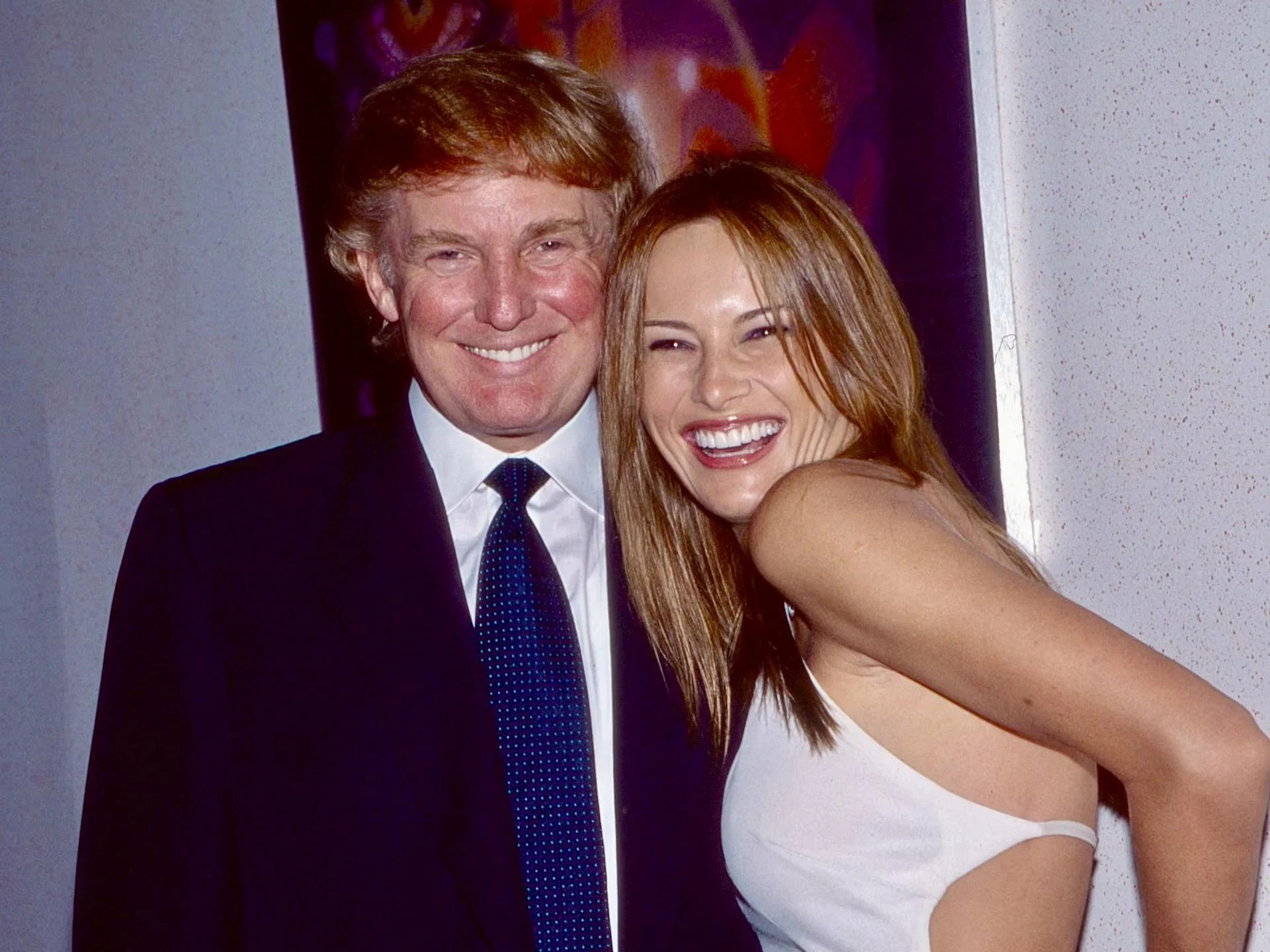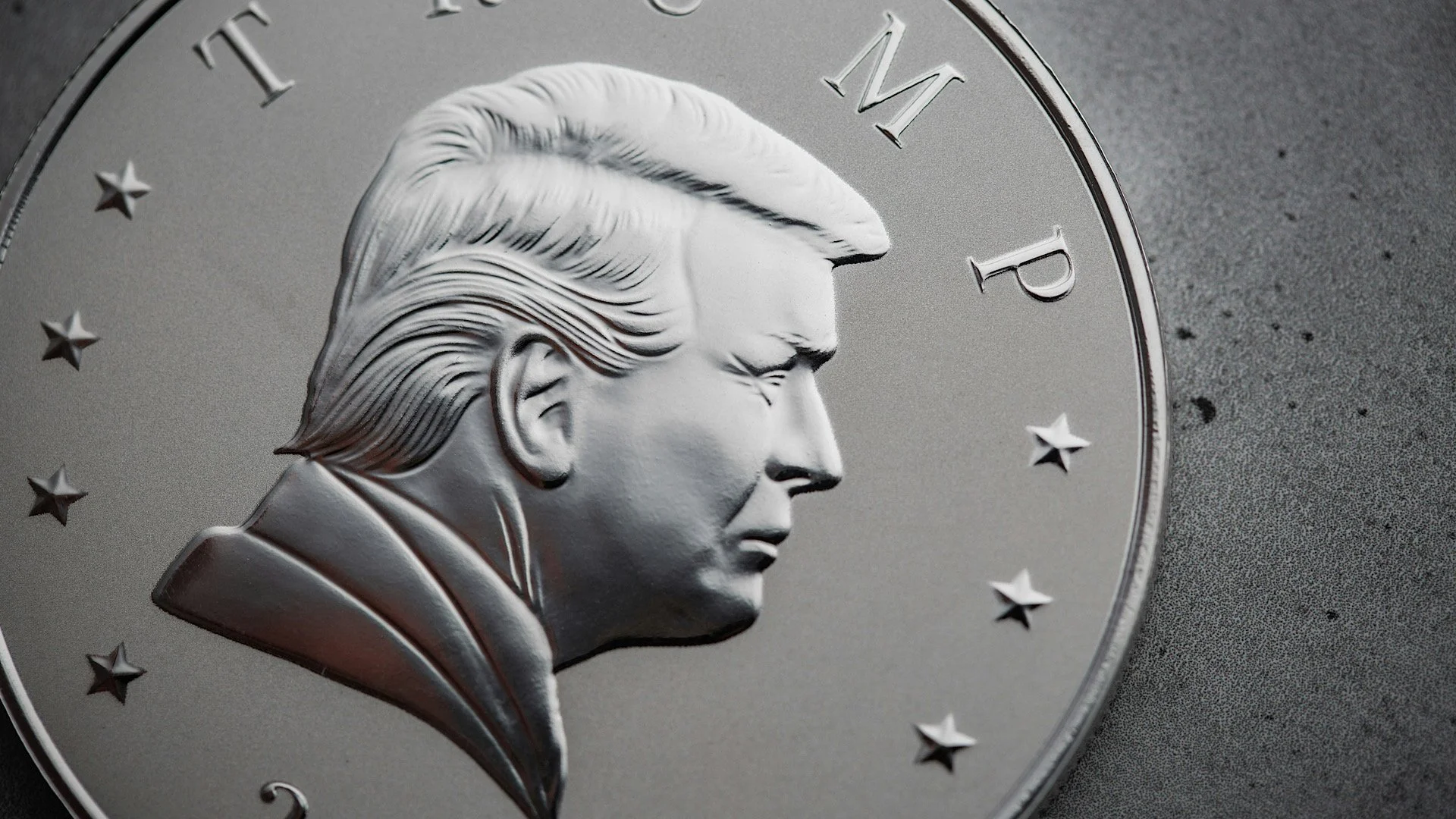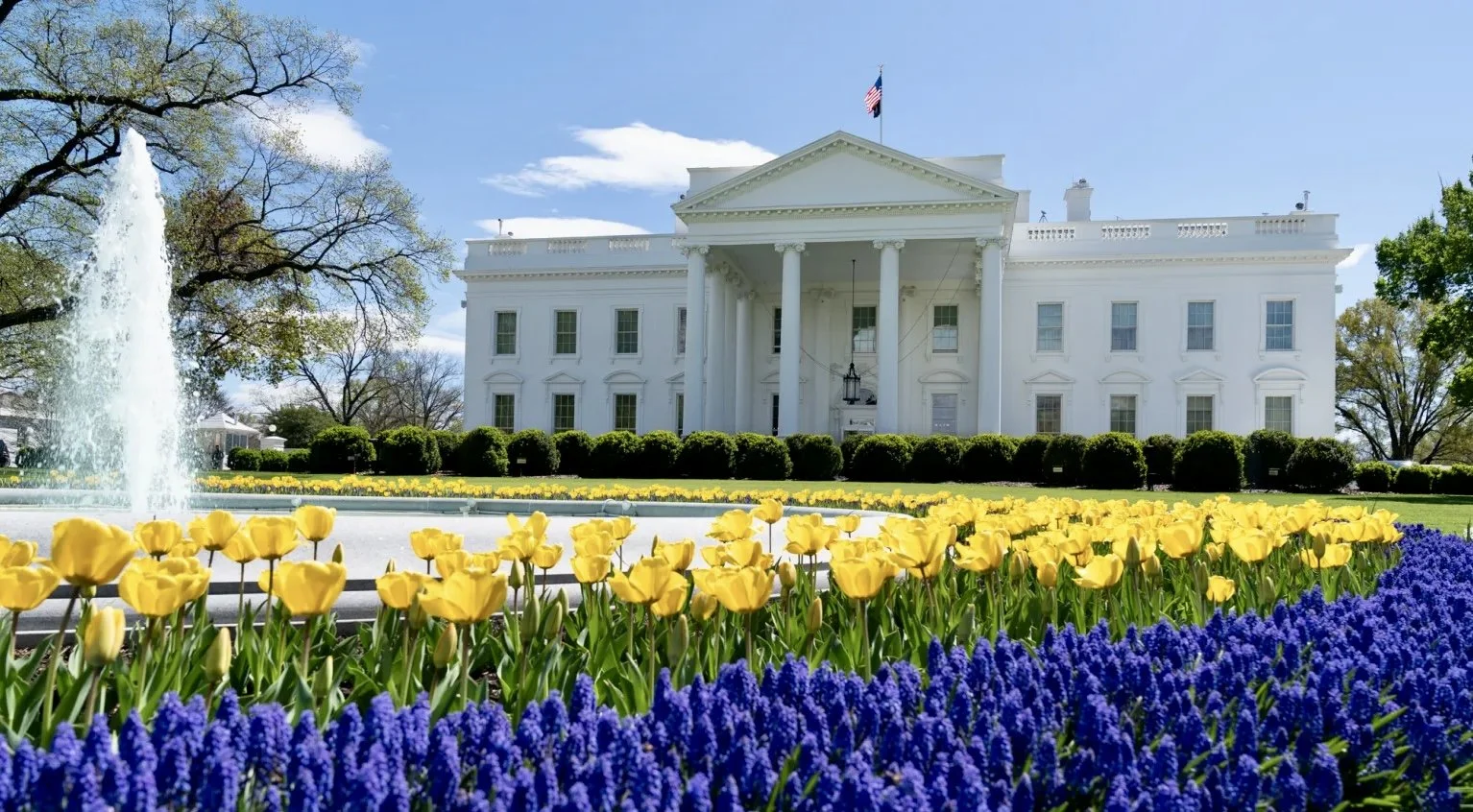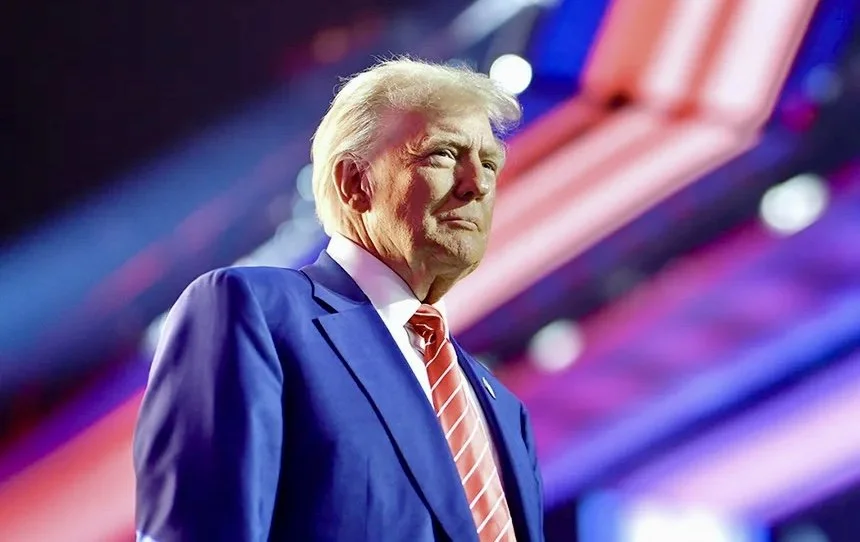What kind of experiences shaped Donald Trump's unique governing style?
Justin D. Lee
On the global political stage, Donald Trump's governing style is undoubtedly distinctive and highly controversial. His approach is influenced not only by his personal background and experiences but also reflects some deep-seated changes and divisions in American society. So, what experiences led to Trump's unique governing style?
First, Trump's style is greatly impacted by his childhood and adolescent experiences, which offer important insights into his solitary demeanor on the political stage. Growing up in Queens, New York, he was immersed in a relatively affluent yet highly competitive environment. His father, Fred Trump, was a successful real estate developer, which exposed Trump to the complexities of business operations and the harsh realities of competition from an early age. He described growing up in a demanding family, an environment that not only fostered his strong career ambition and pioneering spirit but also reinforced his pursuit of power and success. He was taught to possess a business mindset and a competitive awareness, traits that manifest throughout his later business and political career. During elementary school, Trump even organized a school-wide charity fundraising event, actively participating and mobilizing the entire staff and student body to raise funds for children in impoverished areas. The success of this event showcased his leadership abilities and fueled his strong desire for management.
Moreover, his time at New York Military Academy is noteworthy. The experiences there honed his independence, resilience, and ability to handle pressure, while also building his confidence. The rigorous education at the military school laid the groundwork for his later public speaking and political debates, enabling him to remain true to himself in the face of criticism. This background allowed Trump to maintain his stance and exhibit a fearless attitude during his presidency, even when confronted with immense pressure and controversy.
Additionally, Trump's business background is a key factor in his political career. As a successful real estate developer and television producer, he amassed considerable management experience and public exposure before entering politics. His success in business provided him with a unique understanding of the market and economy. Throughout his presidency, we can observe a clear entrepreneurial mindset: relying on intuition and immediate reactions to formulate policies instead of adhering to long-standing political traditions. This style reflects his habit of making swift decisions in business and led to the spontaneity and risk-taking in his policy implementations. Early in his real estate career, Trump faced a significant challenge when he eyed a prime piece of land in Manhattan amid stiff competition. However, rather than backing down, he meticulously strategized and operated, ultimately succeeding in acquiring the property and developing a highly regarded luxury residential project.
In middle age, Trump developed an interest in politics, often donating to politicians and publicly expressing political opinions, attempting to build a political network through various channels. There was once speculation about his presidential ambitions, but for nearly 30 years afterward, he achieved little in the political arena until the 2016 presidential election. Consequently, his election to the presidency was itself filled with folklore. During his campaign, his controversial statements stirred considerable uproar, yet he did not alter his views; instead, he passionately reiterated his positions. This extreme resilience is a crucial part of his personality. Ultimately, he successfully won the presidency and implemented a series of controversial policies during his term.
Trump's media activities and close relationship with social media also significantly impacted his governing style. He was the first president to widely utilize social media as a political weapon. His active presence on Twitter not only facilitated direct communication with the general public but also allowed him to quickly respond to public discussions and media reports, an unattainable feat in traditional politics. This unconventional communication style enabled Trump to shape his public image and adopt a more aggressive stance when facing criticism and dissent. All of this aligns with his goal of garnering public support by "breaking the norm."
At the same time, Trump's governing style has been influenced by the social and political environment in the United States. In recent years, social polarization and political extremism have intensified, particularly in economic and cultural dimensions, causing many Americans to feel marginalized and overlooked. By leveraging this social sentiment, Trump presented the "America First" slogan, emphasizing the protection of national interests and drawing a substantial number of dissatisfied voters. This strategy bolstered his populist political stance, leading to a series of policies aimed at reinforcing national identity and opposing globalization during his presidency.
Of course, we cannot overlook Trump's breaks with traditional political ethics and decorum. During his presidency, we saw him frequently disregarding basic norms that past political figures adhered to, such as criticizing the media, attacking political opponents, and exposing his personal life. This challenge to traditional political culture allowed him to gain a "genuine" image among his supporters while provoking anger and disdain from his opponents. This phenomenon illustrates how Trump was able to firmly establish his political identity in a polarized environment.
Lastly, the uniqueness of Trump's governing style also stems from his personality traits. As a successful entrepreneur, he exhibits a strong competitive spirit and a leadership quality characterized by an unwillingness to back down in the face of setbacks. He often chooses to retaliate rather than compromise when confronted with challenges, which may render his policies somewhat lacking in tolerance.
Overall, Trump's governing style is not coincidental; rather, it results from the interplay of various factors. From his business experience and media engagement to the phenomenon of social polarization and the influence of his personal traits, these experiences and backgrounds collectively shaped his distinctive style. Trump's leadership approach is not just an extension of business logic but even a direct reflection of his childhood experiences. Understanding these factors deepens our perspective on America during Trump's presidency and allows for a more objective assessment of future political directions.









